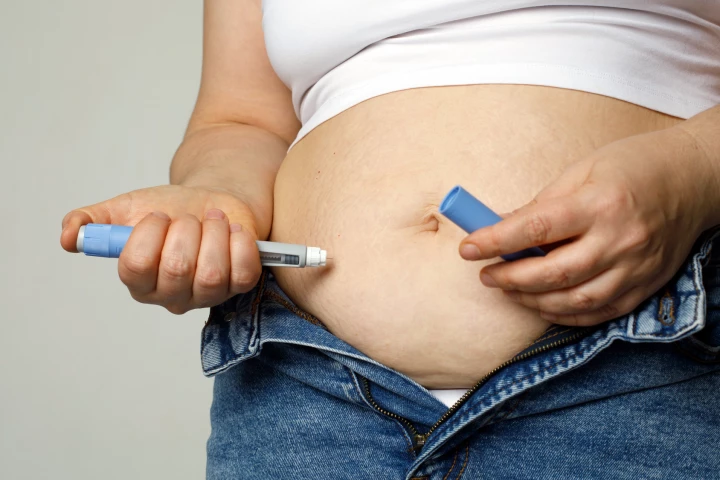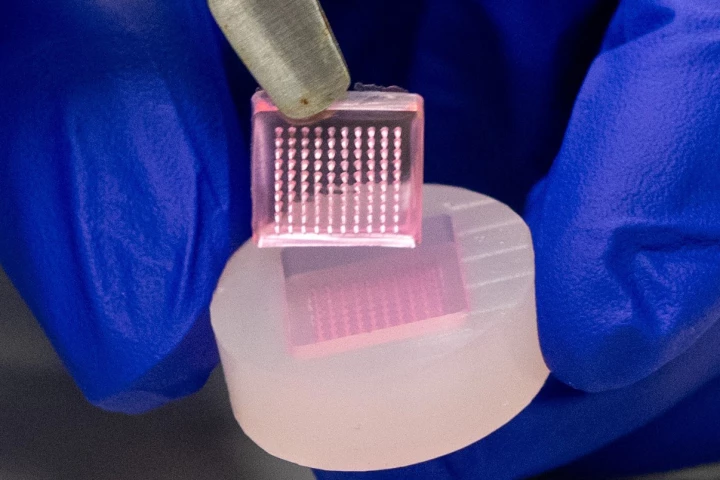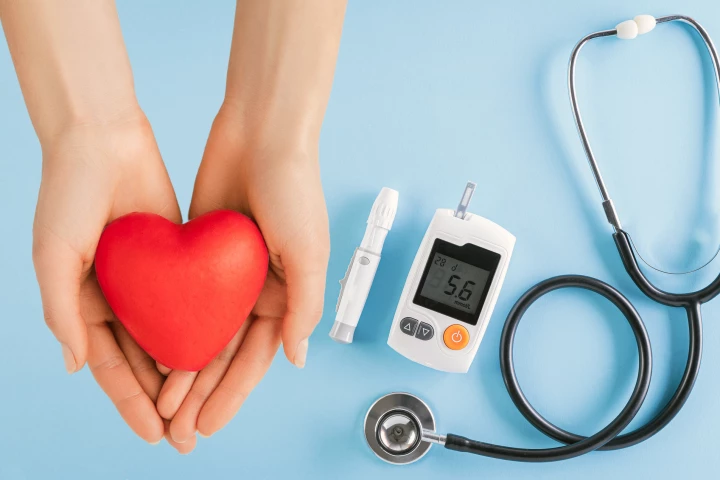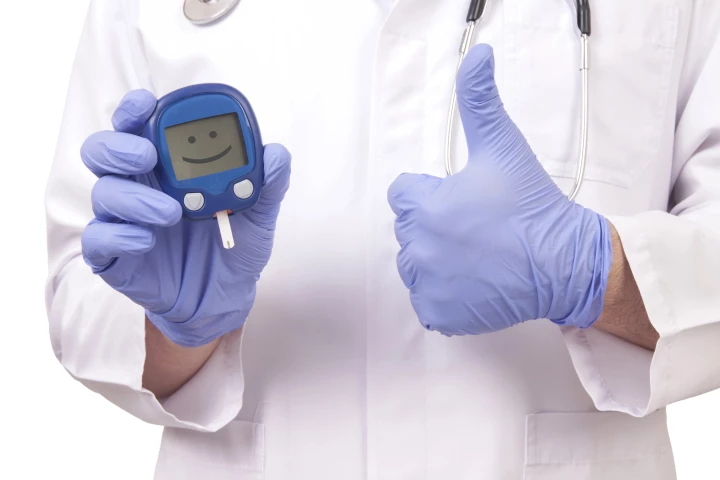Diabetes
The latest research, treatments, devices and practical tips for living with diabetes.
Top News
-
A clinical trial to test the effectiveness of a plant-based pill to treat type 2 diabetes has produced some promising results, significantly improving blood glucose control and boosting heart and liver health. Larger clinical studies are pending.
-
Researchers in Switzerland have stuffed a bunch of chips and sensors into socks to help people who suffer from some of the worst symptoms of diabetes – chronic pain and a loss of sensation in the feet that make it hard to walk.
-
A new breath-based sensor from researchers at Penn State could soon offer an easy, pain-free, quick way to diagnose diabetes. The sensor was created through a technique that basically toasts a polymer until it turns into porous graphene.
Load More
Latest News
-
November 12, 2025 | Bronwyn ThompsonMillions of people with type 2 diabetes might actually be undermining their efforts to improve their health, with researchers demonstrating that the commonly prescribed metformin blocks the cardiovascular benefits normally gained through exercise.
-
October 19, 2025 | Bronwyn ThompsonThe age of the GLP-1 drug has reached yet another milestone, with the US Food and Drug Administration green-lighting Novo Nordisk's once-daily oral semaglutide pill to treat people at high risk of cardiovascular events like heart attack and stroke.
-
August 04, 2025 | Paul McClureBorrowing a cancer cell’s disguise, scientists shielded insulin-producing cells from attack by the immune system, a breakthrough that could pave the way for targeted type 1 diabetes treatments without whole-body immunosuppression.
-
July 25, 2025 | Bronwyn ThompsonAdding to the growing body of evidence supporting the health benefits of cramming all your weekly exercise into two days, a large new study has found that it can significantly reduce the risk of cardiovascular mortality in adults with diabetes.
-
June 25, 2025 | Paul McClureA clinical trial has shown that Ozempic improves blood glucose levels and weight loss in overweight type 1 diabetics who use an automated insulin delivery system. It’s hoped this will lead to the approval of Ozempic for this patient population.
-
June 25, 2025 | Bronwyn ThompsonIf you have a high level of interaction with patients, students, clients or the general public in your work, you might be at much higher risk of developing type 2 diabetes. And, if you also have poor support at work, it could worsen your odds further.
-
June 02, 2025 | Paul McClureDiabetic foot ulcers are prone to recurring, even when they look healed. A new study used an existing method to assess the degree of water loss from the skin and found that it was a good diagnostic tool for predicting a foot ulcer’s comeback.
-
May 08, 2025 | Paul McClureHigh blood sugars have long been known to cause eye damage in diabetics. However, new research has found that low blood sugar may also contribute. The good news is that it also identified a way of preventing or treating the damage.
-
March 27, 2025 | Abhimanyu GhoshalResearchers at the National University of Singapore have hit upon new technologies to deliver a double whammy to chronic wounds in diabetics, using tiny needles barely visible to the human eye.
-
February 23, 2025 | Paul McClureTransplanting insulin-producing cells along with engineered blood-vessel-forming cells has successfully reversed type 1 diabetes in a new preclinical study. With further testing, the novel approach could one day cure the as-yet incurable condition.
-
February 23, 2025 | Paul McClureAn antioxidant found in broccoli sprouts in high concentrations can improve blood sugar levels in people with prediabetes, the precursor to type 2 diabetes, according to new research. The findings suggest a personalized treatment approach is needed.
-
November 29, 2024 | Paul McClureA naturally occurring fat molecule reduced heart inflammation and scarring caused by diabetes, thereby improving cardiac function, according to new research. The findings open the door to developing a new treatment for diabetes-induced heart disease.
-
October 14, 2024 | Abhimanyu Ghoshal86% of type 2 diabetics treated with a new procedure no longer needed insulin throughout the two-year-long study they participated in. That procedure could be a real game changer for nearly half a billion people living with the condition worldwide.
-
September 30, 2024 | Michael IrvingA patient with type 1 diabetes has been functionally cured of the disease, requiring no insulin doses for over a year. The treatment involves growing and transplanting new insulin-producing cells from the patient’s own stem cells.
-
September 12, 2024 | Paul McClureImplanting a pouch of pancreas cells under the skin of type 1 diabetics has enabled them to live without insulin injections for years according to the results of a clinical trial. It’s a big step towards a functional cure for the disease.
Load More

















